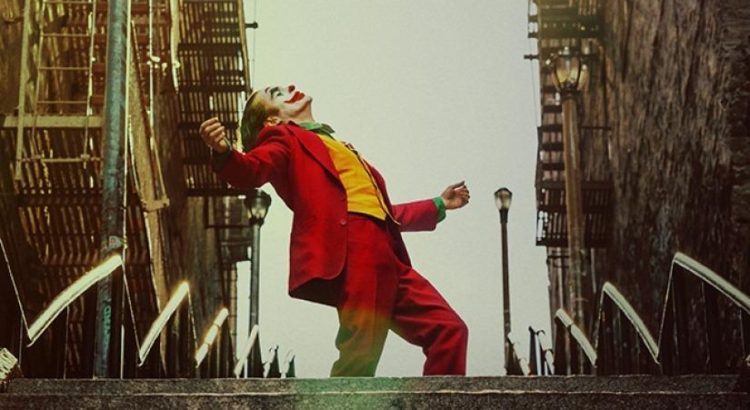Joker is an oozing scab. It is the itching feeling at the back of your throat, the one that portends a particularly bad cold. It is raw and frustrating, petty and painful. It is a film that so much wants to be grand and ends up so very small. Much like the man at its center, Joker wants to be an exhibition, but not because it has any special message to send. Instead, it craves attention for its misery. It will slam heads into walls and then revel in its own unpleasantness. The entire film is an open wound, one that will not stop reopening itself.
From its very first scene, Joker kicks the audience with its grimy feet. Filmmakers have always used Gotham as an extension of their Batman’s psyche. In Christopher Nolan’s version, Gotham is sleekly modern, featuring a contemporary Batman who uses recognizable military tech. Then, there is Schumacher’s campy gothic Gotham with a Bruce Wayne who thought nipples on his suit were a good idea. This Gotham is another extension; this time a world as tightly twisted as Arthur Fleck. This city is wound up, ready to spring apart at the slightest touch. It has been a hot and smelly summer. The sanitation workers of Gotham have been on strike and there is no one to pay them. The prevailing smell of trash hangs over everybody as they trudge through garbage. The desperation is plainly obvious in their surroundings, but no one will admit that everything is collapsing around them. It is enough to break anyone.
/cdn.vox-cdn.com/uploads/chorus_image/image/65333602/rev_1_JOK_04413_High_Res_JPEG.0.jpeg)
And Arthur Fleck (Joaquin Phoenix) is a man that is ready to be broken. He is alone in the world, taking care of his aging mother on a street clown’s salary. Society seems to take a glee in stepping on him, always ready with a kick or a punch to the stomach whenever Arthur gets even the slightest bit of hope. To make things worse, he has a particular condition that makes him laugh uncontrollably at inexplicable times. Joaquin Phoenix makes this helplessness chilling. At their most affecting, tears spring up in Arthur’s eyes as he tries to stop the laughter. At its most monstrous, the laugh becomes a slow chuckle. It is clear that Arthur has never been understood, and he is rarely cared for. Even his mother’s caresses seem possessive rather than loving. Arthur is seen not as a person, but as an object for disgust and ridicule. It is hard not to feel sympathy for this man who is always treated as less than one. But this is also the man who will become a mass murderer, a man who will take his suffering and spread it across the entire city. The film purposefully chooses to depict events from Arthur’s point of view. It makes him the punching bag, so that when he chooses to punch back, it is necessary to follow him to the bloody end. It leaves you with a feeling of complicity.

Understanding Arthur seems to be equivalent to supporting him. When does a film cross the line from creating a full-bodied villain to willfully supporting his actions? The separation between these two points of view is a thin boundary indeed, one that Joker never fully solves. The people who bully Arthur are cruel and vicious, yet they are protected from consequences by their upright societal standings. So, when Arthur splatters their blood across a subway platform, who are we supposed to feel sorry for? This is no victory. It is only violence, one that feels meaningless, a limp swing at a society that is too corrupt to care. Perhaps, this is the point. Perhaps Arthur’s violence is supposed to disgust us in its uselessness and depravity. But the film would dispute this too. For, within its boundaries, Arthur becomes a cult hero for other downtrodden people. They take his bloody acts as a symbol. It is when the film chooses to elevate Arthur that it clarifies its own message. The film suggests that many, an entire city, in fact, could be susceptible to falling to violence. This is a deep nihilism, one that suspects that there is a surge of destructive desire shallowly hidden within everyone. Rather than supposing the best, Joker assumes the worst about humanity. It is a film designed to make you feel vile about what you watched, about yourself even. Whether this is a meaningful sentiment to spread is debatable to say the least.



That opening paragraph is beautiful… ” Much like the man at its center, Joker wants to be an exhibition, but not because it has any special message to send.” Sweeeet.
Thanks! It’s really funny how a movie that I honestly did not like that much resulted in better writing. Go figure, inspiration is weird.